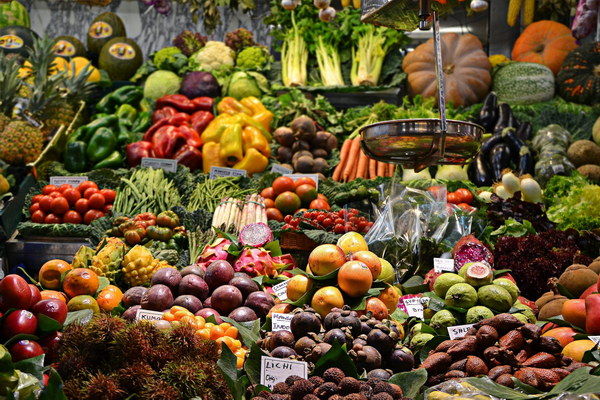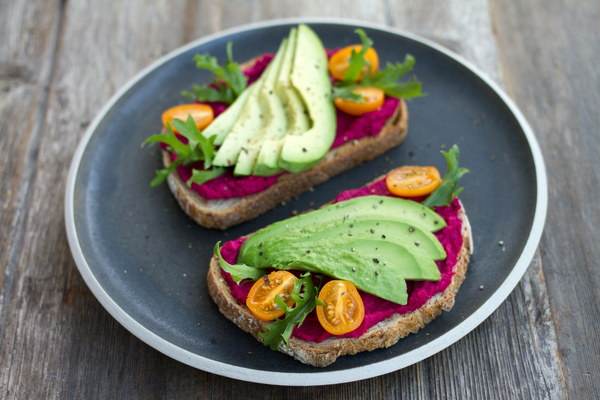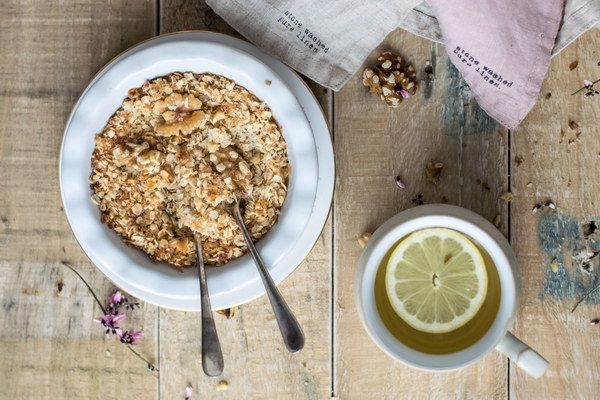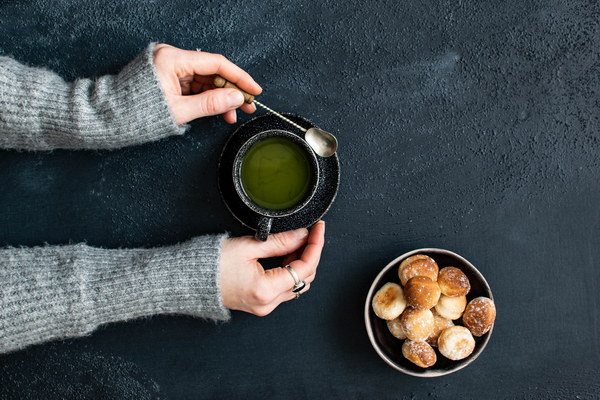Nurturing Your Spleen and Stomach A Comprehensive Guide to Traditional Chinese Health Practices
In Traditional Chinese Medicine (TCM), the Spleen and Stomach are considered the foundation of one's health. They are responsible for the transformation and transportation of nutrients, which are essential for the body's overall well-being. Nurturing these organs is crucial for maintaining a balanced and robust health. Here's a comprehensive guide on how to care for your Spleen and Stomach according to TCM principles.
Understanding the Spleen and Stomach in TCM
The Spleen in TCM is often associated with the digestive system, but it also encompasses the blood, thoughts, and emotions. It is responsible for transforming the food we eat into Qi (vital energy) and blood. The Stomach, on the other hand, is primarily focused on the digestive process, breaking down food and absorbing nutrients.
Practical Tips for Nurturing Your Spleen and Stomach
1. Balanced Diet: Consume a balanced diet rich in whole grains, vegetables, fruits, and lean proteins. Avoid cold, raw, and overly sweet foods as they can overwhelm the Spleen and Stomach.
2. Regular Meals: Eat regular, well-balanced meals at consistent times to support the Spleen's function in transforming food into Qi and blood.
3. Gentle Cooking: Cook your food gently to preserve its nutrients. Overcooking can damage the Spleen and Stomach.
4. Meditation and Mindfulness: Practice meditation and mindfulness to reduce stress, which can negatively impact the Spleen and Stomach. Stress can lead to digestive issues and weaken the body's overall Qi.
5. Adequate Rest: Ensure you get enough sleep, as the Spleen and Stomach are most active during the late afternoon and evening. Good sleep hygiene is essential for these organs to function optimally.
6. Gentle Exercise: Engage in gentle exercise, such as walking, tai chi, or yoga, which can aid digestion and improve blood circulation, supporting the Spleen and Stomach.
7. Herbal Remedies: Consider using herbal remedies that are traditionally used in TCM to support the Spleen and Stomach. Common herbs include Astragalus, Codonopsis, and Ginseng.
8. Avoid Overeating: Overeating can overload the Spleen and Stomach, leading to digestive problems. Listen to your body's hunger cues and eat in moderation.
9. Acupuncture and Massage: Acupuncture and massage can help stimulate the flow of Qi and blood, supporting the Spleen and Stomach's function. These treatments are often recommended in TCM for digestive issues.
Common Spleen and Stomach Issues and Their Remedies
- Indigestion: To alleviate indigestion, try eating smaller, more frequent meals and incorporating ginger, fennel, or peppermint into your diet.
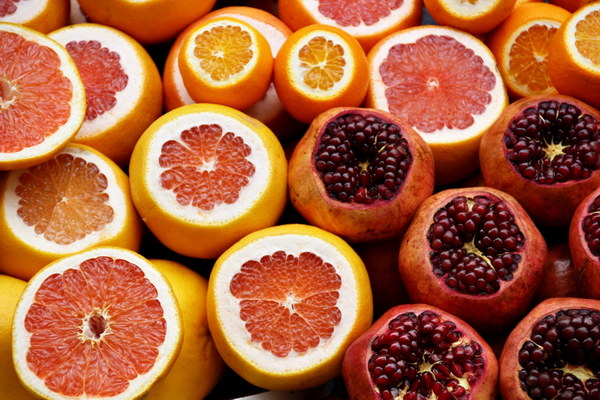
- Diarrhea: Adjust your diet to exclude cold, raw, and overly sweet foods. Consume warm, nourishing soups and herbal teas such as ginger or chamomile.
- Fatigue: Incorporate foods rich in iron and B vitamins into your diet, such as leafy greens, beans, nuts, and whole grains. Additionally, consider supplements if recommended by a healthcare professional.
- Mental Fog: Practice stress-reduction techniques, such as meditation and deep breathing exercises, to clear mental fog and support the Spleen's role in blood and Qi production.
By incorporating these practices into your daily routine, you can effectively nurture your Spleen and Stomach, promoting overall health and well-being. Remember, TCM is a holistic approach, and it's essential to consider all aspects of your lifestyle when addressing any health concerns. Consulting with a qualified TCM practitioner can provide personalized guidance and treatment options tailored to your specific needs.


